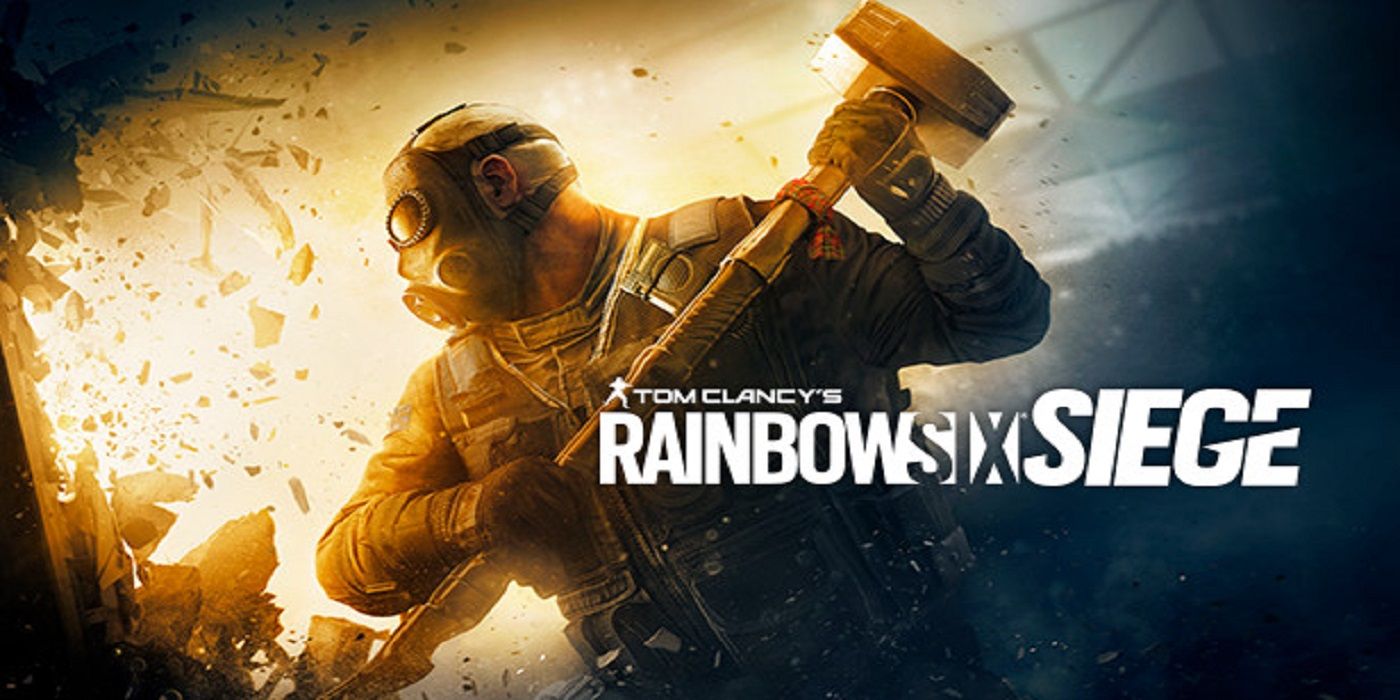
Valve is one of the most well-recognized figures in the gaming industry, known for both putting out highly acclaimed games like Half-Life and Portal, as well as its at-the-time revolutionary Steam marketplace. In addition to giving players access to thousands of games in a single place, Steam is known for hosting big sales which never fails to pique the interest of gamers.
However, Valve's impeccable success stories don't translate well enough into hardware, with the exception of Valve Index. The Steam Controller and Steam Machines were both great concepts, but Valve failed to create much traction in the market which many have dubbed since to be failures.
RELATED: Valve Needs Its Own Game Pass for Steam Deck
Valve has plans of entering the same market again, with the long-rumored Steam Deck. It's fairly promising, combining a great form factor with interesting specs at a lucrative price point. While Valve has claimed that the machine could handle almost all games on the Steam handheld, there are a few that—for a fact—wouldn't outright run or perform well on the hardware.

Valve's Steam Deck is confirmed to be running on a custom version of SteamOS, which itself is based on Linux. The Washington-based giant has included a number of quality-of-life features in the OS, including Fast Suspend/Resume, which seems to be lifted straight out of Microsoft's playbook. Many might already know about the limitations of Linux, in how the operating system has been largely ignored by game developers as a viable platform.
Valve has been one of the biggest companies that have continued to push for Linux, first with official Steam support and secondly with the SteamOS. Of course, ensuring compatibility with games is another thing – which Valve seems to be combating with its Proton API. It's a compatibility layer that claims to emulate Windows code on Linux with little to no performance penalty.
However, a number of Anti-cheat software are known to not be compatible with Linux, which by extension makes playing a number of highly acclaimed titles borderline impossible. One of these is EasyAntiCheat, which is used by the following:

Rainbow Six Siege: The 5v5 tactical first-person shooter from Ubisoft has been topping the Steam charts consistently for some time now. Rainbow Six Siege uses EasyAntiCheat for well, detecting hackers within games. Linux has an official version of EasyAntiCheat, but the Windows version cannot be emulated as it happens with the game's files.
Apex Legends: Respawn has finally hit its stride with Apex Legends, and the game seems to be adding a number of characters and content on a mostly regular basis. Seer is the latest addition to the mix, which seems to be aiming for incorporating stealth options into the mix. Unlike Rainbow Six Siege, Apex Legends plays great on a controller but sadly, Steam Deck users won't be able to enjoy the game without official support since it also uses EasyAntiCheat. This can prove to be aggravating for some, particularly since the significantly weaker Nintendo Switch has a port for the game—although reception seems to be mostly negative on that front.
Fortnite: Fornite's implementation of EasyAntiCheat is similar to the previously mentioned games, which renders the game unplayable on the Steam Deck. However, given how popular Fortnite has become over the years—making an appearance on almost every platform available including mobile, it isn't far-fetched to imagine that official support would be given sooner rather than later.
Call of Duty: Warzone: While Call of Duty: Warzone doesn't use EasyAntiCheat for hacker detection, the problems still seem to persist which outright prohibits the game from launching. Many Linux enthusiasts have tried a number of workarounds, but none seems to be working as of writing this feature. Steam Deck's specs seem to be capable enough to run the game comfortably at 720p, so official support might drop in a similar vein to others.

Epic Games Store Exclusives: The Epic Games Store boasts a number of highly acclaimed titles on its storefront, with a small fraction of them being exclusive to the platform. While it's possible to emulate Windows software on Linux, the Epic Games store seems to run into issues with its online services—which makes it impossible to download games at best.
RELATED: The Switch Still Has One Big Advantage Over the Steam Deck
In addition to these standout highlights, there are a lot more games that wouldn't run on Linux. Steam Deck seems to be gaining a lot of traction lately, with pre-order periods being extended following unprecedented demand for the hardware. Ubisoft also jumped on and assured fans that it would be porting its games over to Steam Deck if the company considers the platform to be big enough. Hopefully, Steam Deck's popularity drives developers to see Linux as a viable platform for gaming, which will surely be great.
However, a point worth noting is that all of these limitations lie within Steam Deck's out-of-the-box operating system. Valve has confirmed that fans are free to install a fresh copy of Windows without any hassle, which will alleviate all of these issues since the platform is widely supported. That being said, it's possible that a few games might not be jibe well on a hardware level.

Microsoft Flight Simulator, for one, has been known to be incredibly strenuous on the hardware with high-end cards struggling to run the game at high frame rates. Of course, Valve's insistence on delivering competent 720p performance does great wonders on the GPU front, but bottlenecks on the CPU side will make the game an unpleasant experience. There might be a number of other games fitting these shoes as well, debunking Valve's claims of the Steam Deck being able to run all internally tested games. That's not to demerit the hardware, which is quite great and has a lot of potential—especially when assembling competent gaming PCs can prove to be an exercise in pain.
The Steam Deck will launch in December 2021.
MORE: Steam Deck With Xbox Game Pass Would be a Game Changer

